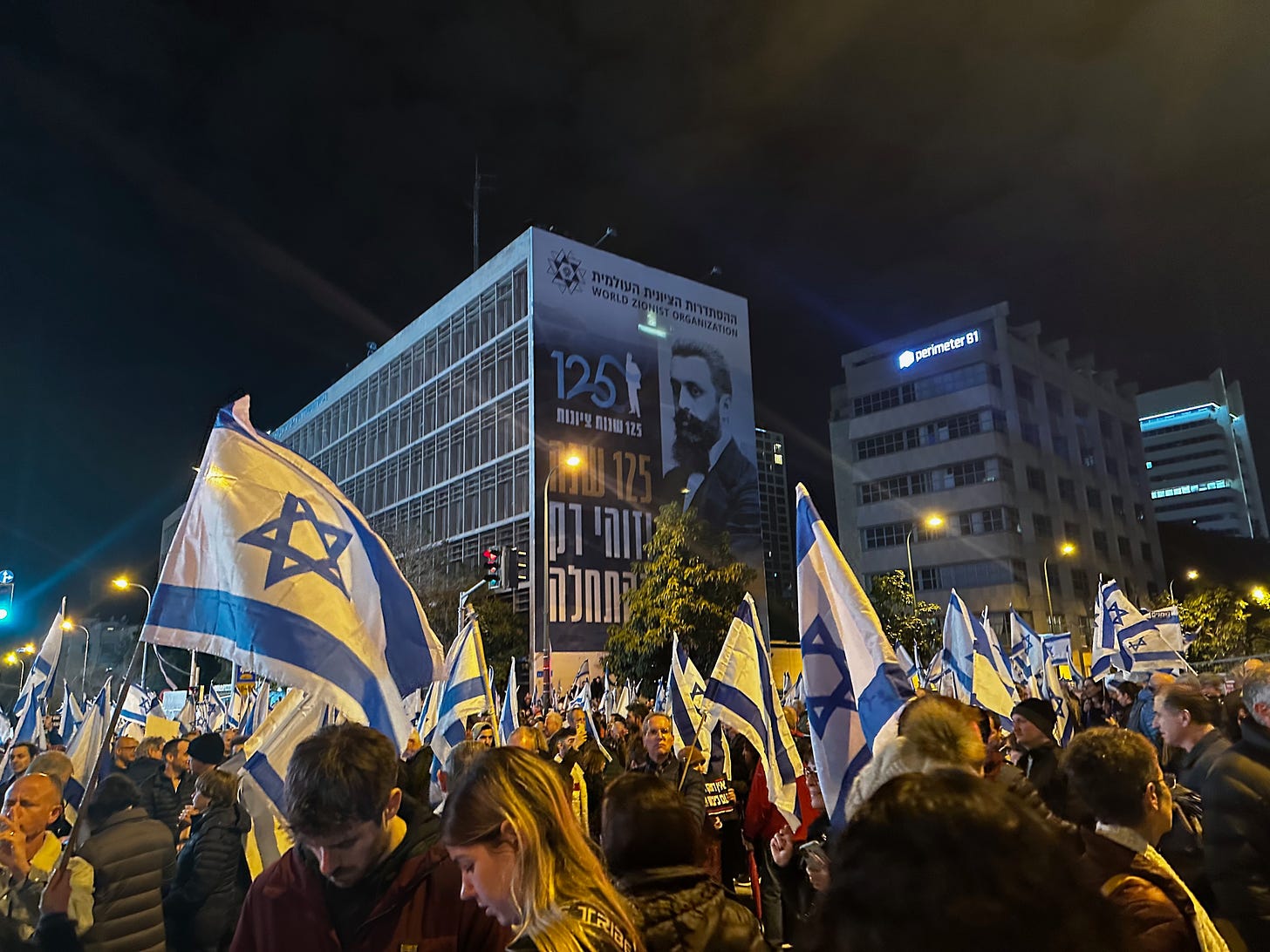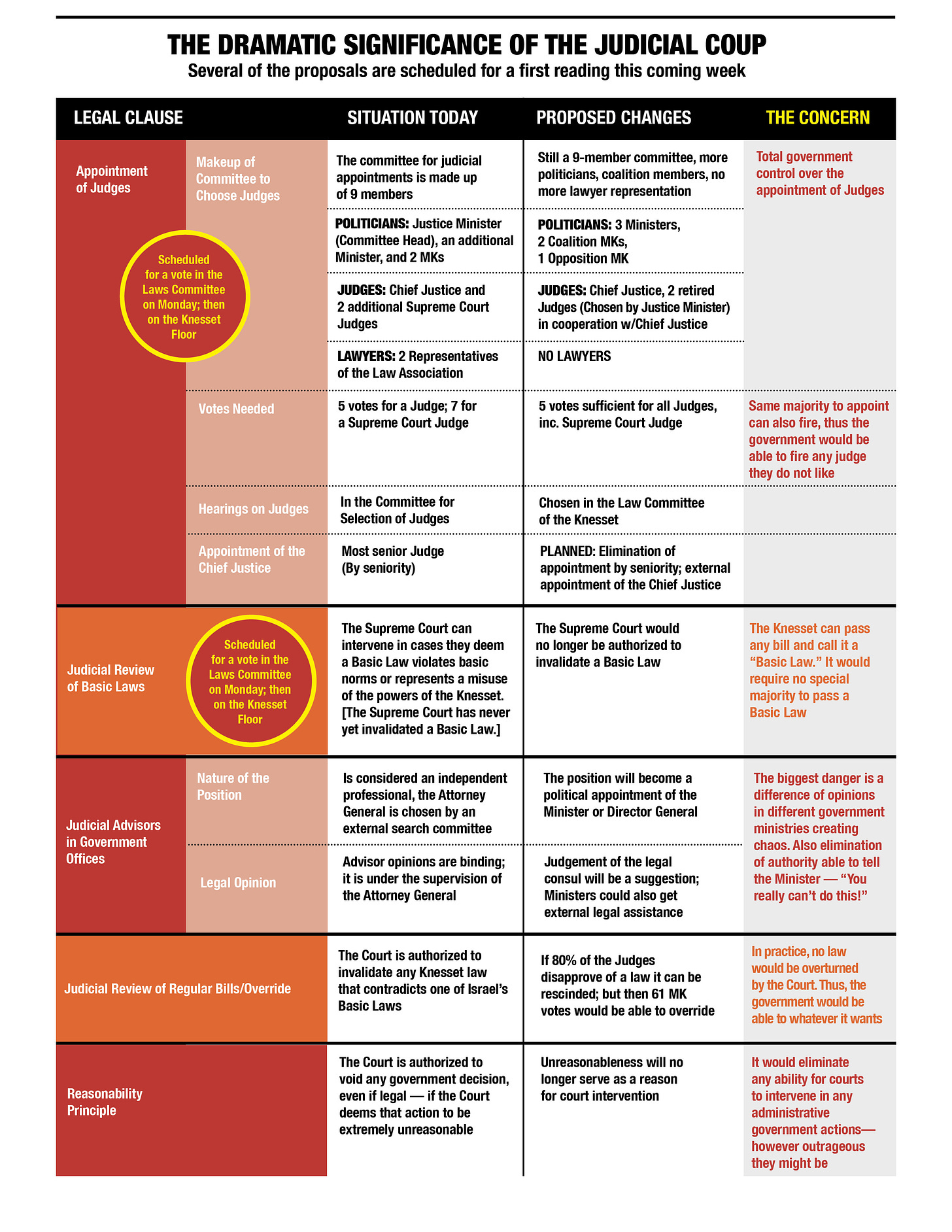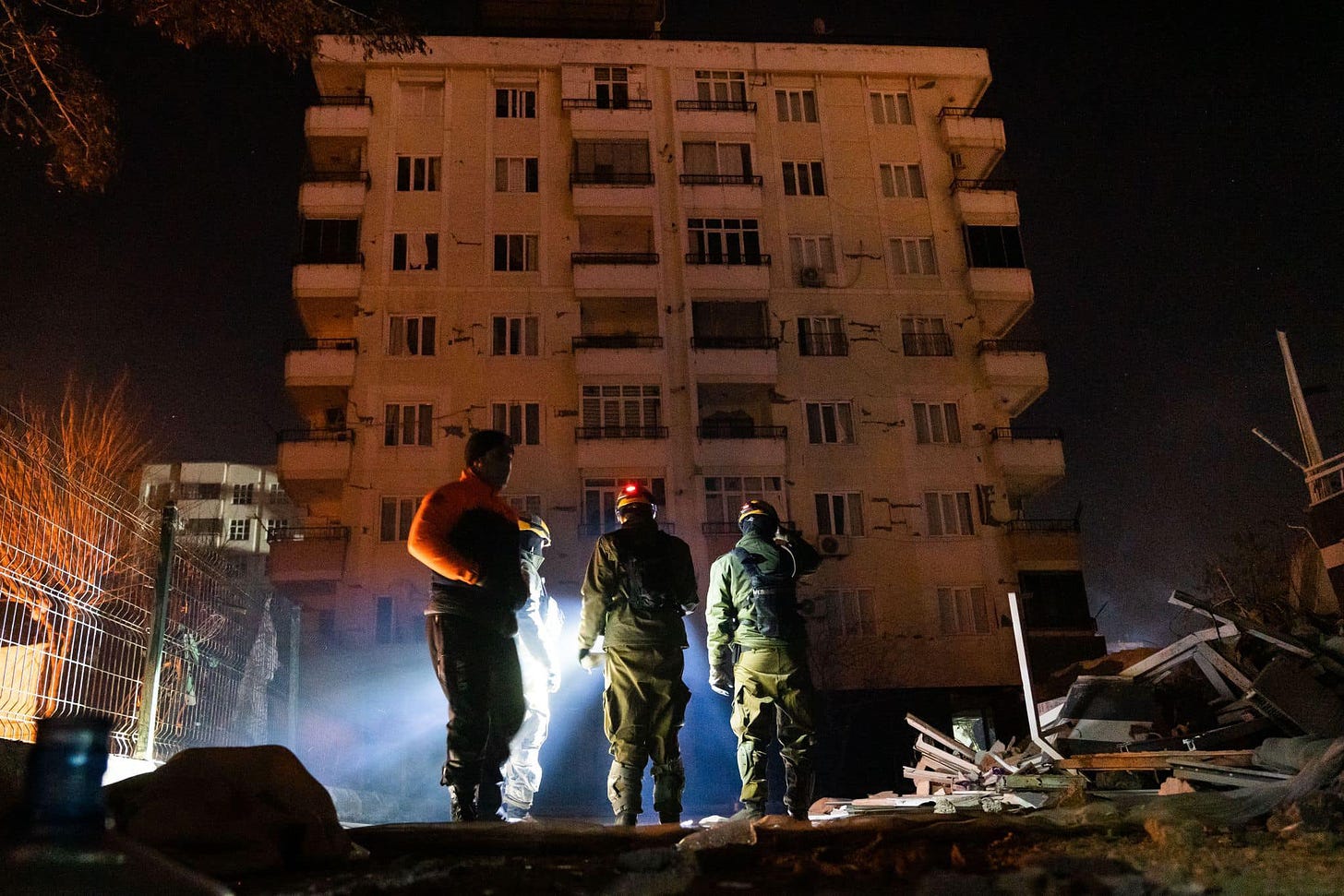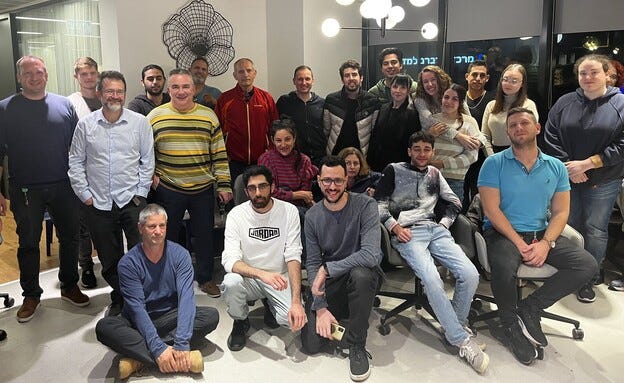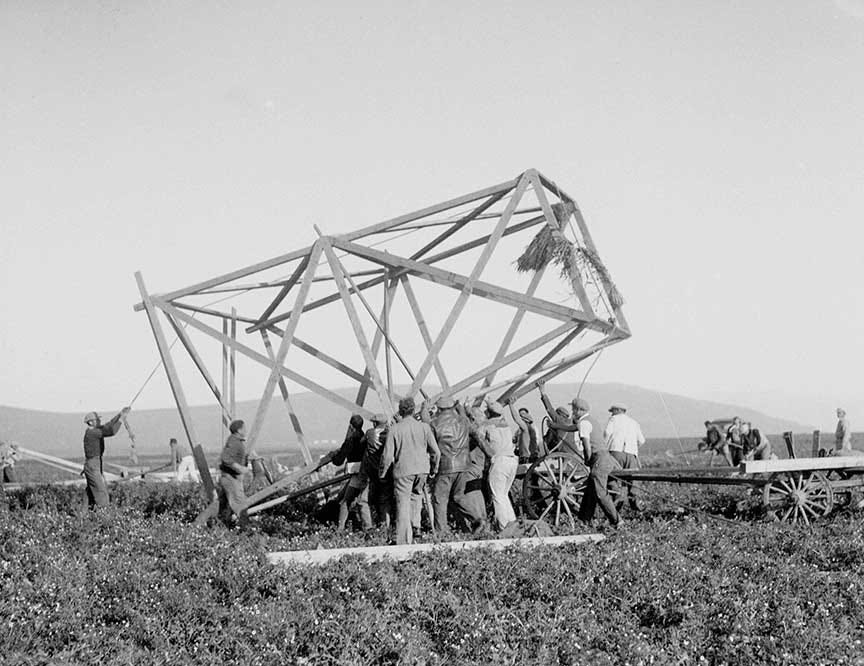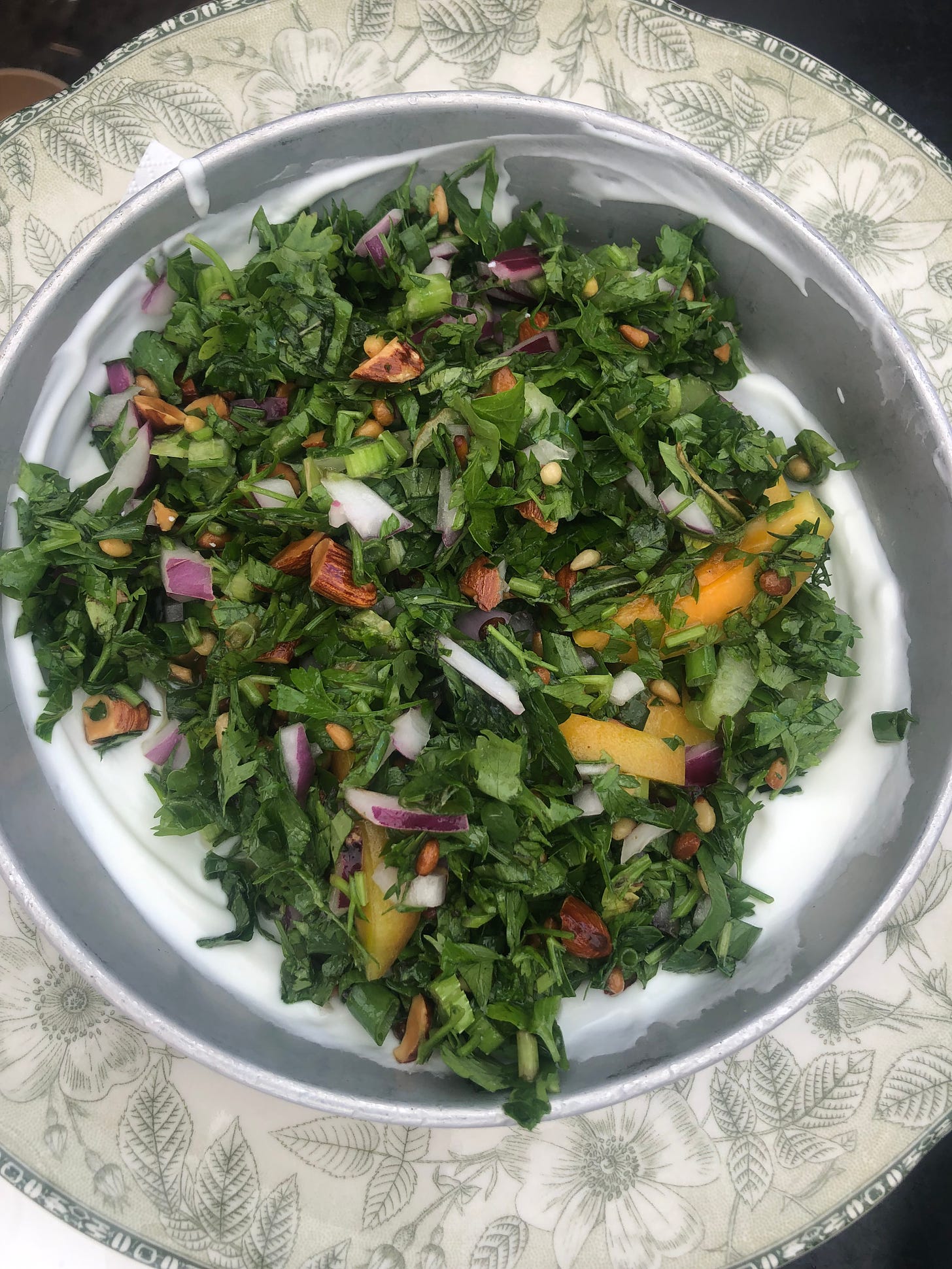Tel Aviv Diary February 10, 2023
Protests,Judicial Coup, Terror, Investments Down,History and a Restaurant Review
POLITICS & PROTESTS
Israel continues to be a country dominated by protests. Never before in Israel’s history have so many diverse sectors of the country marched in protest at the same time. This past Saturday night, 100,000 demonstrators came out to protest in Tel Aviv, once again. Smaller parallel demonstrations took place concurrently in Jerusalem, Haifa, Beersheva, and a total of 21 additional smaller cities and towns.
On Sunday, students from all the Universities protested. On Monday, high-tech workers throughout the country demonstrated, again. On Tuesday, accountants across the country wrote a letter of protest. On Thursday, rallies were held in front of schools. In addition, to voice their dissent, a large group of army reservists (including former IDF Chiefs of Staff and many soldiers from the elite Sayeret Matkal) undertook a march from Latrun to Jerusalem this past week. Their march briefly closed the road into the city.
On Thursday night, confrontations with police took place during demonstrations in Jerusalem near Prime Minister Netanyahu’s residence. However, Minister of National Security and convicted terrorist Itamar Ben Gvir was unhappy with the police response and stated: “The Israeli Police lost control over the anarchists. They burned tires near the home of the Prime Minister, blocked Highway 1, stopped the light rail, and the police did nothing.”Just as a point of reference, Ben Gvir, who did not serve a single day in the army was calling several former IDF Chiefs of Staff, and members of Israel's most elite units “anarchists”.
Several additional high-tech firms announced they plan to pull their money out of Israel. It was reported by Israel’s Channel 12 that a total of $7 billion in investment money is in the process of being withdrawn from the country, due to fears of the impact of the coalition’s proposed Judicial reforms. Furthermore, this week a group of internationally known economists, including a Nobel Prize winner, signed a letter outlining the economic damage the proposed Judicial “reform” could bring about. Nevertheless, nothing seems to be slowing the government’s charge forward with its plans.
A massive demonstration is planned for Monday, in Jerusalem; while the Knesset Law Committee votes to approve the first portion of the judicial reform legislation.
I thought it would be worthwhile to explain exactly what the initial stage of the proposed Judicial reform plan entails:
Opposition to the coalition’s proposed judicial “reform” has faced two distinct criticisms. The first criticism is that the opposition parties have not presented an alternative plan. However, this approach overlooks the fact that the troubling issues with the judicial system in Israel have nothing to do with the reforms being proposed. The reason the opposition parties have refrained from raising an alternative proposal is because any attempt to weaken the independence of the judiciary is strongly opposed by the overwhelming majority of centrist and leftist groups in the country.
The second criticism to the Judicial “reform” proposal comes from the far-left-wing, who take umbrage that the opposition parties have chosen to demonstrate against the erosion of an independent judiciary in Israel, but continue to roundly ignore the suppression of Palestinian rights. This argument is flawed, as most Israelis are not involved in the occupation of Palestinians, and feel there is no prospect for peace between our peoples in the near future. In contrast, the immediate danger posed to the justice system is something that affects the rights of Palestinians—and all Israelis—and must be addressed urgently.
The government created another uproar this week, with reports it would introduce legislation making it illegal to visit the Western Wall in any attire not approved by the Rabbi of the Kotel. The proposed law would also outlaw mixed-gender prayer — AND if convicted of these “crimes” the accused would be subject to six months in jail. This law was introduced by Shas. However, the furor was so great, including from members of the Likud, that Netanyahu was forced to appear in a video stating that this law would not be enacted. Netanyahu also brought to heal his Minister of Communications, who publicized a plan to close KAN, Israel’s Public Broadcasting Company. The plan met with universal opposition, after which, Netanyahu made it very clear he wanted everyone to focus on Judicial reform, and that he considered everything else a distraction.
On Wednesday the Deputy Education Minister who is from Shas, addressed a conference of the Education Ministry in which he stated — “You are afraid ultra-Orthodox children make up 40% of first graders. The number is actually 21%. Now you should be very afraid. You tried to keep us down, you will not succeed.” One-third of the audience walked out.
Today, the Supreme Court gave the Attorney General and Prime Minister Netanyahu 30 days to respond and explain why Netanyahu should not be removed from office for violating his conflict of interest agreement )by being involved in the Judicial reform legislation.( Meanwhile, the coalition is expected to bring a new law the floor of the Knesset that will state that the Supreme Court has no say regarding whether or not an individual is fit to serve as a Minister. The coalition intends to designate this as a Basic Law. However, the Supreme Court will no doubt invalidate such a law, viewing it as a law to serve a particular person, i.e., Arye Deri — and with that, a new front in the judicial battle will be opened.
EARTHQUAKE
The biggest news in our region has been the devastating, tragic earthquake in Turkey and Syria. The quake was strong enough to be felt here in Tel Aviv. My wife was up at that hour and felt the sofa shaking.
Israel has done all it can to help, quickly sending a robust team of emergent care professionals to assist in the search for survivors. On Thursday, after the IAF sent 15 cargo planes with supplies, the Israeli army began setting up a fully functional field hospital, staffed by 250 medical personnel. Israeli personnel on the ground have successfully saved the lives of 17 people, rescuing them from demolished buildings. Sadly, at this point, they are bringing out more bodies than live survivors. In total, Israel has sent 450 first responders to Turkey, representing the second largest contingent in the world
.
DEFENSE
This afternoon a terror attack took place in Jerusalem. A Palestinian used his car to run over people at a bus stop in the Ramot section of the city. As of this writing, a 6-year-old child and a 27-old man have succumbed to their wounds and four other were injured. The terrorist, a 30-year-old from East Jerusalem, was shot and killed by a bystander according to initial reports.
Israeli forces killed 7 Palestinian gunmen near Jericho on Sunday, in a raid to find the terrorists who fired into an Israeli restaurant last month. The unit carrying out the raid, an integrated combat unit of both men and women, suffered no serious casualties in the encounter. A knife-wielding Palestinian was killed near Hebron on Thursday.
In addition, IDF Chief of Staff Herzi Halevi made a secret visit to Bahrain on Thursday, during which he took part in a regional military meeting. Halevi returned to Israel on Thursday night.
BUSINESS
Teva reported a net loss of $2.099 billion for the last fiscal year. The loss was on sales of $14.9 billion, and are the result of contingency payments disbursed to settle the many opioid and other lawsuits. Teva estimates steady sales for the coming year, and with almost all of its lawsuits settled, while not nearly as bright as it once was, Teva’s future looks more promising than it has in a number of years.
AI Dock has raised $15 million. The company uses AI to simplify and speed the custom clearance of goods worldwide.
January 2023 was the worst January in last 5 years for Israeli startups seeking to raise capital. Only $20 million was raised this January, compared to $2 billion last year.
A PIECE OF HISTORY— CHOMA U’MIGDAL (TOWER AND STOCKADE)
The Peel Commission plan, which proposed partition of Mandated Palestine into Arab and Jewish States based on the settlement patterns of the Jews of Palestine, underscored the need to settle unpopulated areas of Palestine. Therefore, the JNF made considerable efforts to acquire land in those parts of the Galilee where there were few Jewish settlers. By this time, as the Arab revolt was in full swing, it was clear that Jewish settlement could not be established in new parts of the country without immediate defense against Arab attack. Thus, the concept of setting up a defensive wall and tower during the first days of construction was instituted. From 1936 through 1939, 53 new settlements were established, almost all of them in areas that had been sparsely settled until that time. This period was known as the time of Choma u’Migdal settlement, named such after the towers and stockades established in each of the new settlements during the first day. The settlement that was considered the apex of the Choma and Migdal plan, was that of Kibbutz Hanita, established on the northern border, on March 21, 1938. This settlement was over 800 meters from the nearest road, and thus material had to be carried by hand and by donkey to the new site. Over 400 members of the Haganah throughout the country were mobilized to take part in this settlement effort. During the first night after the settlement, Arabs attacked the settlers, but were driven off with the loss of two lives. In subsequent days, the Arabs continued (unsuccessfully) to try to remove the settlers. Ultimately, Hanita became the anchor for further settlement of the Northern Galilee
.
A TASTE OF TEL AVIV— HABASTA
RESTAURANT REVIEW, by Tali Schulman
Situated perfectly between Shuk HaCarmel and Nachalat Benjamin on Hashomer St., you will find Habasta. Repeatedly ranking on the list of best restaurants in the middle east, Chef Elon Amir takes advantage of all of the freshest ingredients found right outside his doors in the shuk itself. The menu focuses on local vegetables, fish, and seafood and changes daily (literally a hand written piece of paper). Sitting at Habasta is a quintessentially Tel Aviv experience. The decor is low key, the tables and chairs don’t match and almost the entire seating space is outside. But all of that, and of course, their fabulous food and incredible wine selection is what has made Habasta the Tel Aviv institution they are today. My personal favorite time to sit there is in the afternoon or early evening, and enjoy my meal with some really great people watching, in one of the best areas of Tel Aviv.
For more Tel Aviv restaurant recommendations, you can find me on Instagram @talischulman where I save all my food adventures in my highlights!




